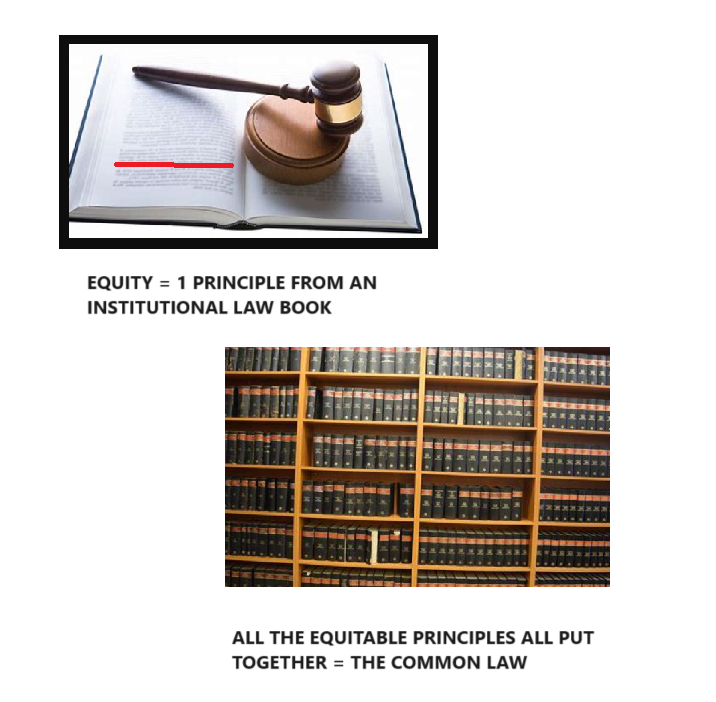Gibson v Carruthers, (1841), 8 M. and W
Citation:Gibson v Carruthers, (1841), 8 M. and W
Rule of thumb:How do you make an argument from common law? What is the difference between common law & equity? If you are making an argument from the common law, you have to quote the appropriate equitable principle within it from an Institutional Writer's Textbook, find as many similar cases as you can, and argue as convincingly as you can that the case at hand fits in as being a breach of this equitable principle in the common law. The words common law and equity are largely interchangeable. The common law is just a collection of all the different equitable legal principles and case derived from them which have been relied on by the Courts. If you are making an argument from statute you have to clearly state what provisions you believe have been breached by the facts pled.
Judgment:
The Court in this case affirmed that if a person is making an argument at common law then they have to explain the principle and explain how it fits in with the subject as a whole. This has to be done convincingly in order to make a successful argument at common law. The Court further affirmed that it is important to affirm whether it is a principle of contract law generally that is being relied upon, or a principle particular to one of the commercial law subjects such as movable property law, or an entirely new concept from statute or Regulations which may not yet be explained in Institutional Writers’ textbooks – ‘vendor-vendee’ as Lord Abinger calls it (movable property as it is most often called today), " In Courts of Equity it has been a received opinion that it was founded on some principle of common law. In Courts of Law it is just as much the practice to call it a principle of equity, which the common law has adopted . . Many unsatisfactory and inconsistent attempts have been made to reduce it to some analogy with the principles which govern the law of contract, as it prevails in this country between vendor and vendee . . . the reasoning and dicta by which it has been attempted, not very successfully, to develop the principle, and to make it conformable in appearance and dress . . with the family of English law into which it has been adopted’, Lord Abinger at 338-339

Warning: This is not professional legal advice. This is not professional legal education advice. Please obtain professional guidance before embarking on any legal course of action. This is just an interpretation of a Judgment by persons of legal insight & varying levels of legal specialism, experience & expertise. Please read the Judgment yourself and form your own interpretation of it with professional assistance.

